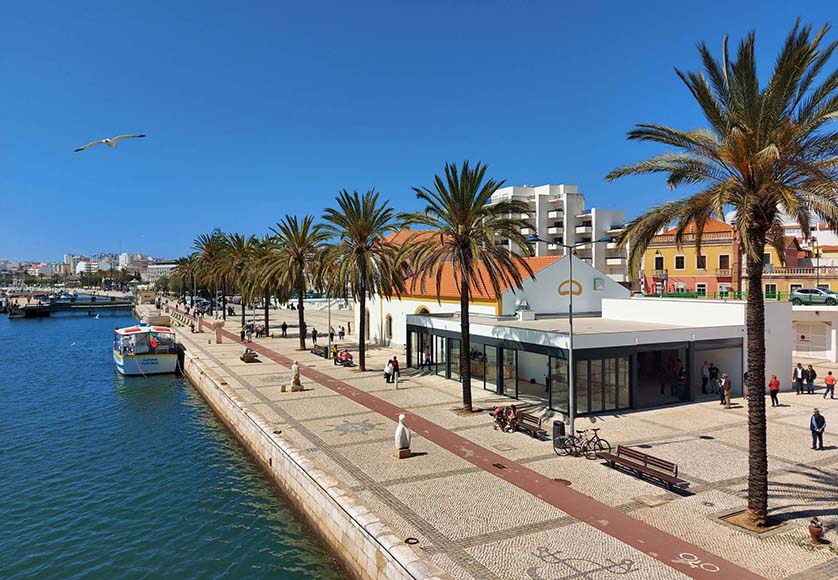
There is only one Swiss film in international competition in Locarno this year. “With Manga D’Terra, I wanted to pay homage to the women of Reboleira on the outskirts of Lisbon,” Swiss and Portuguese director Basil Da Cunha said in Locarno.
Like two previous feature films – ‘O Film do Mundo’ (Locarno, 2019) and ‘Après la nuit’ (Cannes, 2013) – this one, which centers on heroine Rosinha, played by singer Eliana Rosa, was shot at the Reboleira cash. Proposal oscillates between musical comedy on the sounds of Cape Verde and documentaries.
We follow the journey of this 20-year-old young woman, who arrived from Cape Verde, who has to start from scratch, without anyone to support her, said Nuha Gomez, a neighborhood resident who became an actress. to the press. She plays Rosinha’s boss.
I would like to say in the preamble that this film is more off-screen than the previous films, giving a voice to women. Because so far I have made films for boys, as the 38-year-old director pointed out, of Swiss and Portuguese nationality.
Revenge through music
My ambition is to show the many ways of being a woman, and in particular this young woman who finds her strength and power in music, a means of her revenge. Eliana Rosa’s contribution is enormous not only because she carries and embodies the film, but also because it is her voice that we hear when she sings and because she composed most of the songs.
Music and creativity are two ways to survive in immigrant quarters, suggests director of photography, Lausanne-based Patrick Tresch.
Every society needs a cinema
If the movie wants to be light, it has immigration as a backdrop. Faced with the “vile” reality of those who do not succeed and must leave, “there is a desire to make up myths. Every culture, every society and every community needs a cinema and to make one,” said Basil da Cunha, who left Lausanne to settle in the Ribolera region “.
Basil da Cunha used to work with Cape Verdeans as well as with non-professional actors. “He takes bits of life from our stories to make his movie,” explains the film’s lead actress, Eliana Rosa.
“Thanks to the entire Rebolera community, we were able to make this film: they are the ones who brought the sets, the stories and the music,” continues Patrick Tresh. And Basil da Cunha makes this population present in the eyes of the rest of the world.
In Portugal and Lisbon, the highlighting of this area, a place of police raids and often headlines, has sparked vigorous debate.
One last movie
Movie after movie, the director says he will be the last in this neighborhood to disappear. He smiles: “But we’ll do another one this summer.” It’s not the end with the people I photograph with: we are in constant touch. Because he formed around him a team of neighborhood residents who play in his movies.
It’s hard not to stick to Basil da Cunha’s approach. However, despite the ambition and generosity of the subject matter as well as the subtlety of tone and emotion in many of the scenes, the construction of this film has something ‘floating’, centered around a single character. At the cinema when leaving the show.
/ ATS






